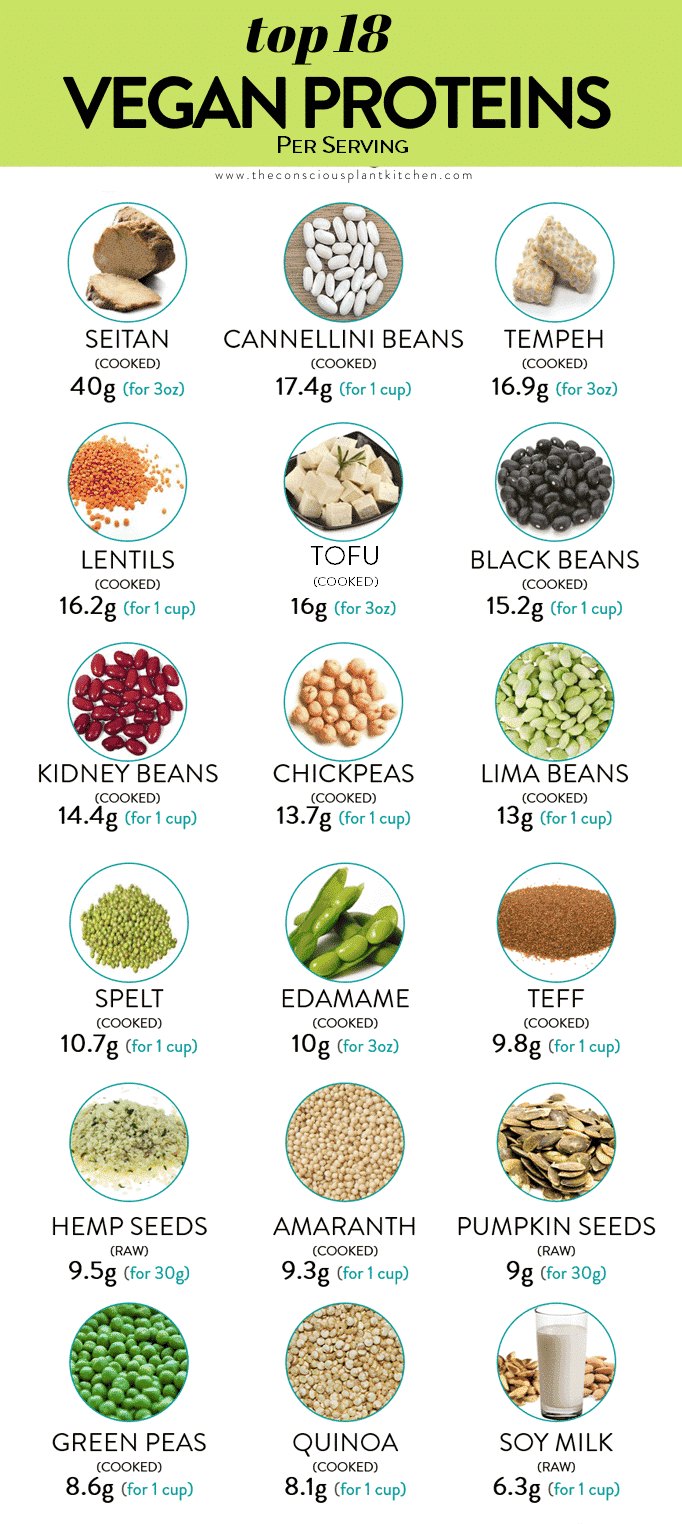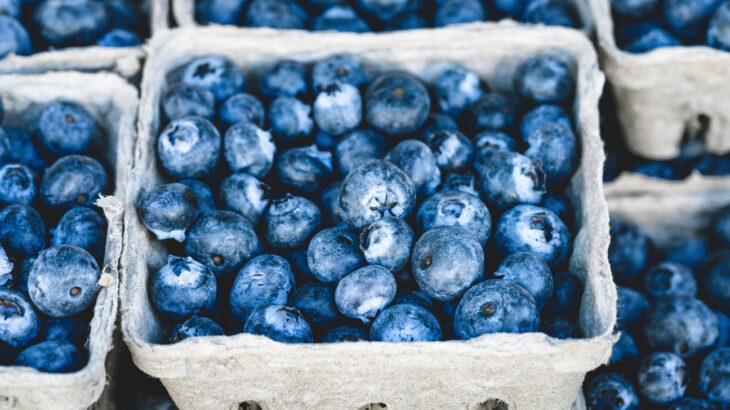Coriander, also known as cilantro or Chinese parsley, is a herb commonly used in cooking around the world. In addition to its unique flavor and aroma, coriander also has several potential health benefits. Here are five of the best health benefits of coriander leaves:
Rich in Antioxidants:
Coriander leaves are loaded with antioxidants like quercetin, kaempferol, and rutin. These antioxidants help to protect your body against cellular damage caused by free radicals, which can lead to various health problems including cancer, heart disease, and Alzheimer’s disease.
Coriander leaves, also known as cilantro, are rich in antioxidants that offer several health benefits. The antioxidant properties of coriander leaves help in neutralizing free radicals that cause oxidative stress and damage to cells. These leaves also contain vitamin C, which is a potent antioxidant that helps in boosting immunity.
Apart from its antioxidant properties, coriander leaves are also rich in minerals such as calcium, magnesium and potassium. This makes them an excellent addition to your diet as they can help maintain healthy bones and prevent conditions such as osteoporosis.
In conclusion, incorporating coriander leaves into your diet could be a great way to improve overall health. Their high antioxidant content can help reduce the risk of chronic diseases such as cancer and heart disease while their mineral content can strengthen bones and improve overall bone health.
May Improve Digestive Health:
Coriander leaves contain compounds that may help to improve digestive health, such as linalool and borneol. These compounds have been shown to help reduce inflammation in the digestive tract and improve the functioning of the digestive system.
Coriander leaves, also known as cilantro, have been used for medicinal purposes for centuries. One of the potential health benefits associated with coriander is its ability to improve digestive health. The herb contains several compounds that may aid in digestion, including antioxidants and essential oils.
Furthermore, coriander has been shown to have anti-inflammatory properties that can help reduce inflammation in the digestive tract. This can be particularly beneficial for individuals with conditions such as irritable bowel syndrome (IBS) or inflammatory bowel disease (IBD). Additionally, coriander may help stimulate the production of digestive enzymes and bile acids that are necessary for proper digestion and absorption of nutrients.
Incorporating coriander leaves into your diet is an easy way to potentially improve your digestive health. You can add fresh cilantro to salads or use it as a garnish on soups and stews. Alternatively, you can blend it into smoothies or juices for added nutrition and flavor. Overall, while more research is needed to fully understand the impact of coriander on digestive health, incorporating this herb into your diet may offer some potential benefits.
May Help Lower Blood Sugar Levels:
Some studies suggest that coriander leaves may help to lower blood sugar levels. This is because coriander leaves contain compounds that may stimulate the production of insulin, a hormone that helps to regulate blood sugar levels.
Coriander leaves have been known for their ability to help lower blood sugar levels. This is because coriander contains certain compounds that may have a positive impact on blood sugar regulation. One such compound is quercetin, which has been shown to improve insulin sensitivity and reduce blood glucose levels in animal studies.
Another compound found in coriander leaves is coumarin, which may also contribute to its potential blood sugar-lowering effects. Coumarin has been shown to enhance the activity of enzymes responsible for glucose metabolism, leading to improved glycemic control.
Overall, including coriander leaves in your diet may be beneficial for those looking to manage their blood sugar levels naturally. However, it’s important to keep in mind that further research is needed to fully understand the mechanisms behind these potential benefits and how they translate into human health outcomes.
May Help Reduce Anxiety:
Coriander leaves may have a calming effect on the body and mind, which could help to reduce anxiety. This is because coriander leaves contain compounds like linalool, which have been shown to have a relaxing effect on the nervous system.
Coriander leaves are an excellent source of antioxidants that are thought to help reduce anxiety. Antioxidants work by neutralizing free radicals, which can cause cellular damage and stress. Coriander contains a compound called linalool, which has been shown to have calming effects on the brain and nervous system. Studies have found that linalool can reduce anxiety in animals and humans alike.
Additionally, coriander contains other compounds such as terpenoids, flavonoids, and phenolic acids that may also help alleviate symptoms of anxiety. These compounds work by regulating neurotransmitters in the brain that play a role in mood regulation and stress response. Incorporating coriander leaves into your diet may be a natural way to support mental health and well-being.
Overall, while more research is needed to fully understand the potential benefits of coriander for reducing anxiety, incorporating this herb into your diet is an easy way to add some extra nutrients and flavor to your meals while potentially supporting mental health at the same time.
May Help Improve Sleep:
Coriander leaves may also help to improve sleep quality. This is because coriander leaves contain compounds that may have a sedative effect, which could help you to fall asleep faster and stay asleep longer.
In addition to its various health benefits, coriander leaves may also help improve sleep. Coriander leaves contain certain compounds that can have a calming effect on the body and mind. These compounds include linalool and terpinene, both of which have been found to promote relaxation.
Furthermore, coriander leaves are rich in minerals such as magnesium, which is known to play a key role in regulating sleep patterns. Magnesium is essential for maintaining healthy levels of GABA (gamma-aminobutyric acid), a neurotransmitter that helps calm the nervous system and promote restful sleep.
Overall, incorporating coriander leaves into your diet may be beneficial for those struggling with sleep issues or looking to improve their overall sleep quality. However, it’s important to note that more research is needed in this area and consulting with a healthcare professional is always recommended before making any significant changes to your diet or lifestyle.
Overall, coriander leaves are a tasty and nutritious addition to your diet, with many potential health benefits. However, as with any herb or supplement, it’s always best to speak with your healthcare provider before making any significant changes to your diet or health regimen.
Read Also: Teriyaki Madness San Antonio’s Northwest & Grill satisfies your craving.
FAQ
Sure, I’d be happy to answer some frequently asked questions about the health benefits of coriander leaves:
Q. How can I incorporate coriander leaves into my diet?
A. Coriander leaves can be added to many dishes, such as soups, stews, curries, salads, and sandwiches. You can also use coriander leaves as a garnish or mix them into smoothies or juices for a refreshing and nutritious boost.
Q. Can coriander leaves be used for medicinal purposes?
A. While coriander leaves have been used for centuries in traditional medicine, more research is needed to determine their efficacy and safety for various health conditions. It’s always best to speak with your healthcare provider before using coriander leaves or any other herb or supplement for medicinal purposes.
Q. Are there any side effects of consuming coriander leaves?
A. In general, coriander leaves are considered safe for most people when consumed in moderation as a food or spice. However, some people may be allergic to coriander leaves or experience digestive issues like bloating, gas, or diarrhea. If you experience any adverse reactions after consuming coriander leaves, stop using them and speak with your healthcare provider.
Q. Can coriander leaves be used for weight loss?
A. While coriander leaves may have some potential health benefits that could support weight loss, there is no conclusive evidence that they directly promote weight loss. A balanced diet and regular exercise are still the most effective ways to achieve and maintain a healthy weight.
Q. Are there any nutritional differences between fresh and dried coriander leaves?
A. Fresh coriander leaves may contain slightly more nutrients than dried coriander leaves, as some nutrients may be lost during the drying process. However, both fresh and dried coriander leaves can be a good source of vitamins, minerals, and antioxidants, so it’s up to your personal preference which one you choose to use.















You must be logged in to post a comment.